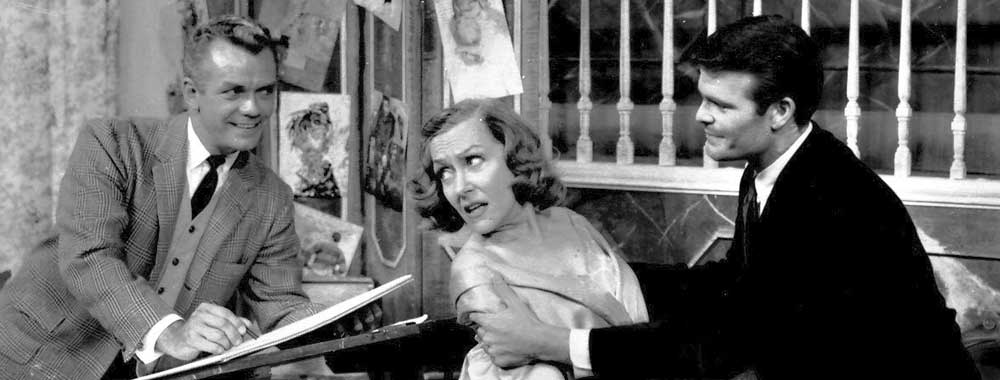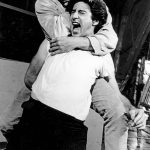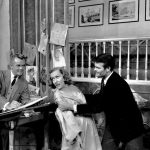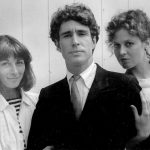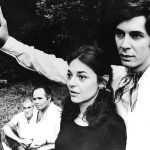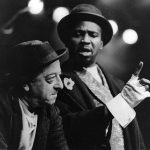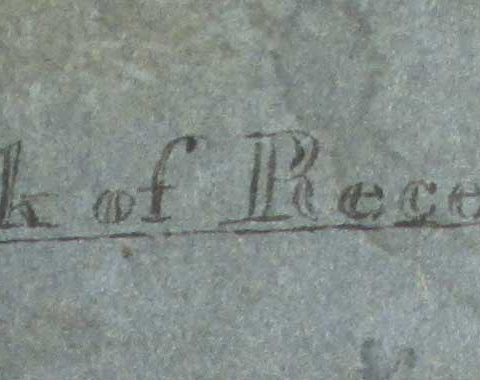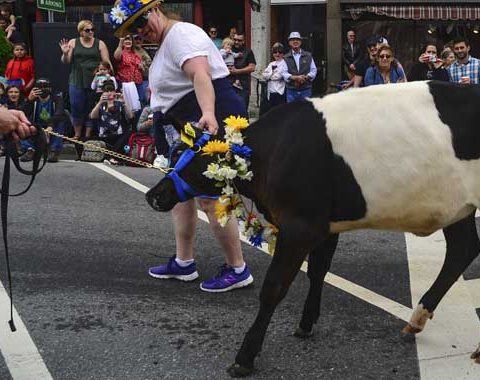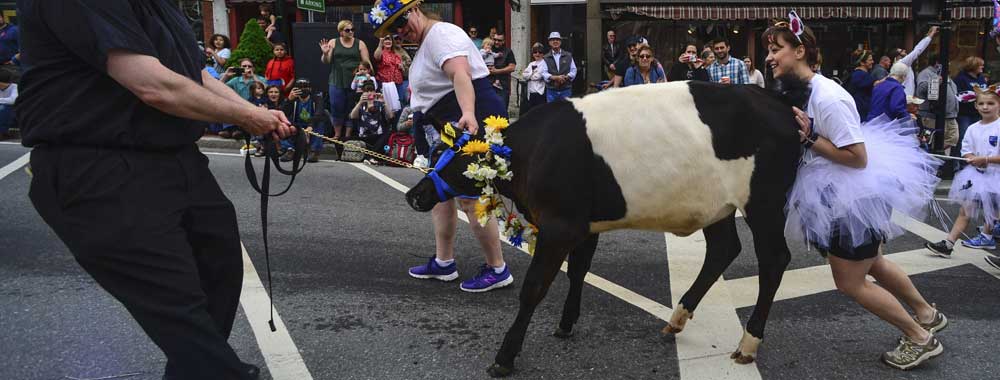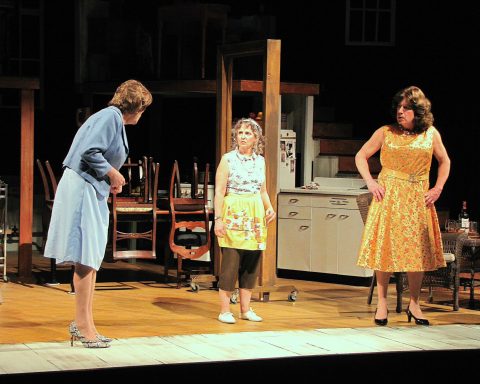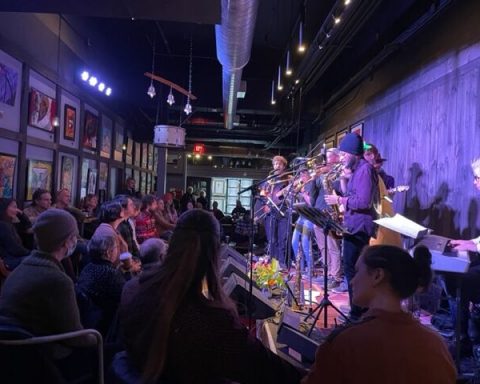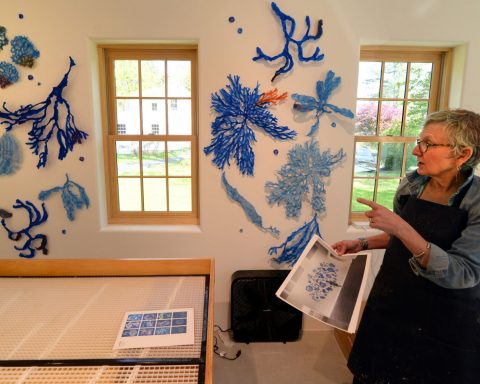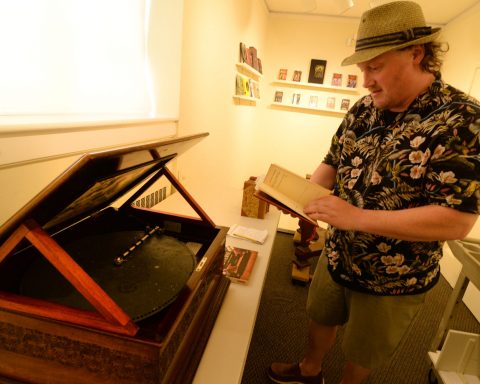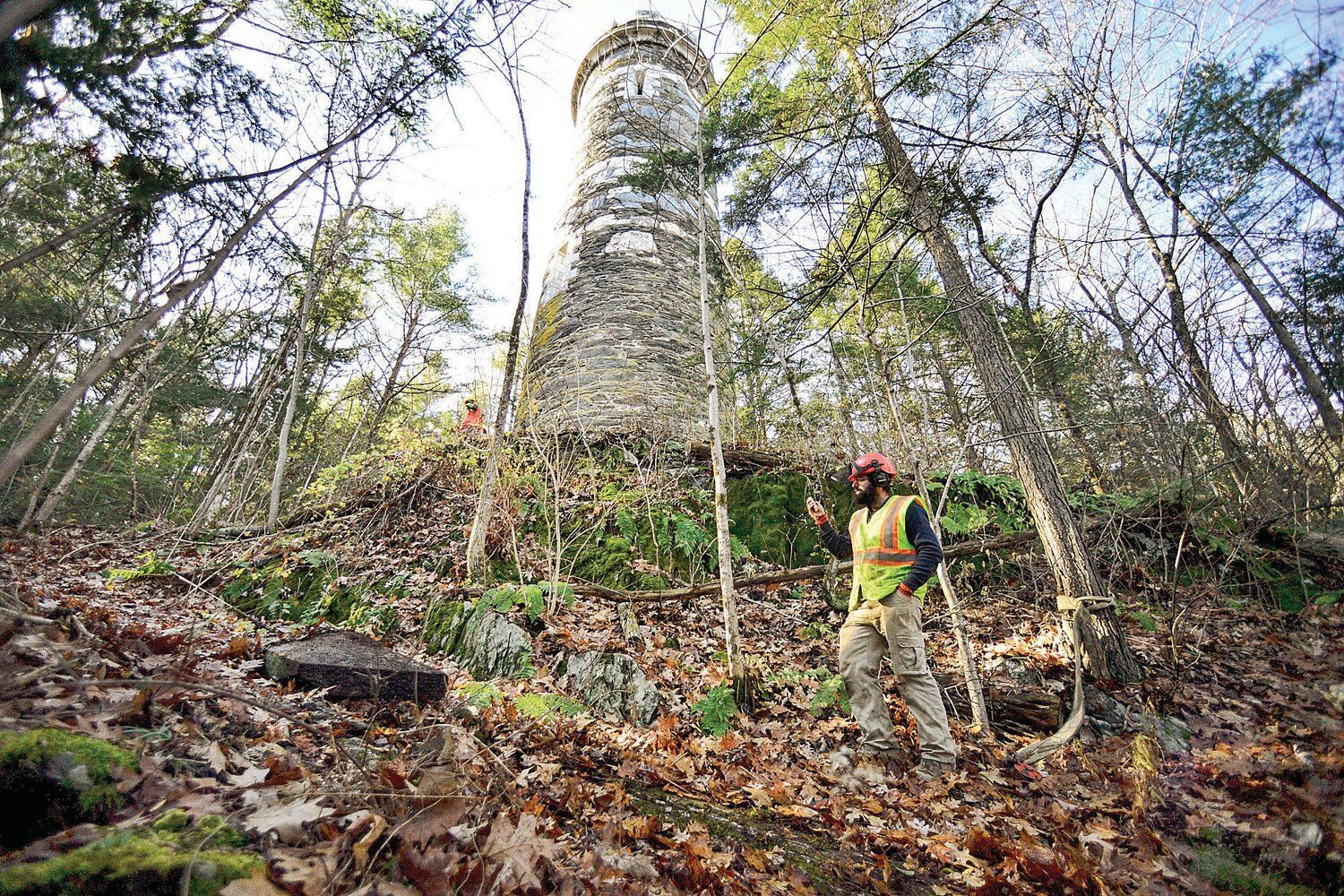
By Sharon Smullen
Once upon a time in Stockbridge, three men gambled on a casino. Almost a century later, their wager is still paying off: Berkshire Theatre Festival celebrates its 90th year this season as a pillar of the Berkshire theater scene.
In 1928, businessman Walter Clark, sculptor Daniel Chester French and Dr. Austen Riggs founded the Three Arts Society and opened the Berkshire Playhouse in an uprooted and relocated landmark building.
Designed by renowned architect Stanford White, the Stockbridge Casino on Main Street (where the Mission House now stands) had lost much of its luster in the 40 years since its 1888 opening. More a genteel country club than gambling den — bridge, whist and tennis were the most daring games played there — its vaudeville-style fundraisers showcased the diverse talents of well-heeled community members.
When Naumkeag owner Mabel Choate wanted to relocate Mission House from Prospect Hill to Main Street, Three Arts Society bought and moved the Casino by horse-drawn wagon to the corner of Yale Hill Road and East Main Street. There it stands to this day, now under the watchful eye of Kate Maguire, managing director then artistic director/CEO of Berkshire Theatre Festival since 1995.
“The theater is 90 years old and has had a good many artistic directors,” Maguire said, “and each has taken it on a different artistic journey.”
The Playhouse was created on the inspiration of Civic Repertory Company founder Eva Le Gallienne, a distinguished actress who toured widely and championed opening theaters around the country “so everyone would be able to see theater,” Maguire said.
With mature, moneyed board members as mentors, and artistic leadership by enthusiastic youthful co-directors former Civic Repertory actor Alexander Kirkland and recent Yale graduate F. Cowles Strickland, the full inaugural season included Le Gallienne in “The Cradle Song.”

In 1935, at the tender age of 23, company stalwart Billy Miles began a storied tenure as director that lasted 18 years. When wartime gas rationing closed the Playhouse for four seasons, Miles toured the student company to different towns with a new play each week until the theater reopened in 1946.
Stars such as Ethel Barrymore, Tallulah Bankhead, Lillian Gish, Gloria Swanson and Buster Keaton headlined playbills with original and touring productions. Thornton Wilder performed as stage manager in his iconic play “Our Town.”
In 1964, Berkshire playwright William Gibson and director Arthur Penn ushered in an adventurous era for the renamed Berkshire Theatre Festival. They brought with them Broadway star Anne Bancroft, part of a glittering lineup that included Estelle Parsons and promising newcomer Frank Langella. Dustin Hoffman and Gene Hackman performed fresh from filming breakout Oscar-nominated roles in “The Graduate” and“Bonnie and Clyde,” and Al Pacino won a Tony for a new play by Berkshire writer Don Petersen that transferred to Broadway.
During this Renaissance period, Gibson and Penn created “extraordinary work — provocative, sometimes difficult,” Maguire said. “They drove the theater to be a reflection of what was going on in the world at the time.”
For Arthur Penn’s son, TV and theater director Matthew Penn, his boyhood Stockbridge home offered a chance to see live theater in action, and he would drop by the rehearsal room, explore the theater and climb to the overhead catwalk.
“When you’re a little kid, you’re watching what looks like a lot of fun,” Penn recalled. “It was a magical experience, people telling these imaginary stories with wonderful dexterity.”
With wife Candace, Penn raised their now-grown children in Stockbridge as much as possible, increasingly spending time there.
“What’s good for the arts in the Berkshires is what’s good for the world up there,” he observed.
Currently he directs at many area theaters, and will make his Berkshire Theatre Festival debut in August with a Christopher Durang double bill starring Harriet Harris. Faced with a creative challenge, he occasionally wonders what his dad would do.
Twenty-nine-year-old Vermont drama teacher Josephine Abady took over in 1979, and for nine years presented only American plays — ‘20s and ‘30s revivals, and modern works by Stephen Sondheim, Arthur Miller, Clifford Odets and Edward Albee, performed by actors that included Sigourney Weaver, Kim Hunter and Christopher Walken.
All the while, behind the scenes, board member and legendary Stockbridge businesswoman Jane Fitzpatrick was keeping the Berkshire Theatre Festival alive, Maguire said. From the late ‘70s to early ‘90s, the theater benefited from her generosity and spirit.
Fitzpatrick believed that theater was for the community, a beautiful art form that deserved respect, Maguire said.

Maguire saw a transformed Unicorn Theatre reopen in 1996, and she spearheaded the 2010 merger with Pittsfield’s historic Colonial Theatre, creating the Berkshire Theatre Group and a year-round venue.
She recognizes the influence of her Greek immigrant mother and police officer father, who encouraged drama lessons and a love of the theater.
“Serving the community through the art of theatre and offering kids the ability to communicate, that’s where it all began,” she said.
Her programming over the past 10 years has been eclectic, Maguire noted, and the theater’s education role in the community has expanded to reach 13,000 children.
Professional education has also continued with an emphasis on training, said Maguire. The first apprentice program in the Festival’s second year included Katherine Hepburn and Jane Wyatt, she noted.

“There’s a group of artists we regard as company members, and at the same time we make sure new artists are coming in,” Maguire said. “The goal is to refresh, reflect and watch what’s happening in the world.”
Company mainstay David Adkins discovered his calling at Berkshire Theatre Festival. As a summer acting school apprentice from Dartmouth College, renowned actor David Schramm encouraged him to audition for Juilliard, Adkins said. He was accepted on the spot and enrolled that September.
“It really changed my life,” Adkins said. “I was launched into the theater business through the Berkshire Theatre Festival.”
While at Juilliard, he returned year after year as an intern, working behind the scenes and performing in plays and children’s theater in the Unicorn, then a stifling converted barn he refers to as “guerrilla theater.” On graduating, he received a leading role and an Equity card.
Now Adkins leads the Acting Intern program, mentoring undergraduates with workshops and master classes.
“It’s really helped me reconnect to acting in a more vibrant way,” he said. “My enthusiasm for the art form has been reinvigorated.”
He credits Kate Maguire with sustaining this mentorship.
“As an actor herself, she’s conscious of trying to nurture those that come through,” he said.
“There’s nothing like experience to help you grow. I always feel like I’m being challenged from a different direction every time.”
Adkin’s long, distinguished BTF history includes “Waiting for Godot” and last season’s critically acclaimed “Zoo Story.” This year, he will appear in Pulitzer Prize-winner Robert Sherwood’s “The Petrified Forest” — first staged at the Playhouse in 1939 — and Luigi Pirandello’s “Naked.” (Sherwood’s sister and Stockbridge resident Rosamund Sherwood served as a powerhouse board chairwoman, according to Maguire.)
While many Berkshire Theatre Festival plays transfer on- and off-Broadway — three of them this year alone — ultimately it’s the Berkshire experience of watching first-rate theater in a relaxed, natural environment that attracts audiences and artists of all disciplines.
Maguire takes nothing for granted. She knows the theater business is fragile, with many people contributing to its survival, from patrons to production personnel, artists and the board.
“I am in awe that we are celebrating 90 years,” she said. “It’s remarkable we are still here.”
Berkshire Theatre highlights:
1888 Stockbridge Casino opens on Main Street.
1903 Colonial Theatre opens in Pittsfield.
1928 Casino moved by Three Arts Society to current location, reopens as Berkshire Playhouse with Alexander Kirkland and F. Cowles Strickland as co-directors. Drama school opens following year.
1935-1958 Billy Miles hired as artistic director. Air-conditioning installed.
1942-1946 Playhouse closed for WWII. Student company tours towns.
1951 Colonial Theatre closes.
1964 President/playwright William Gibson, director Arthur Penn chart new course. Name changed to Berkshire Theatre Festival.
1979-1987 Josephine Abady becomes artistic director, stages only American plays.
1995 Kate Maguire appointed managing director, then artistic director/CEO in 1998.
1996 Unicorn Theatre reopens after renovation.
2006 Colonial Theatre reopens after restoration.
2010 Berkshire Theatre Festival and Colonial Theatre merge, creating Berkshire Theatre Group with year-round programming.
2018 Berkshire Theatre celebrates 90 years in Stockbridge.
If you go:
Fitzpatrick Main Stage, 83 E. Main St., Stockbridge, Mass.
Unicorn Theatre, 6 East St., Stockbridge, Mass.
Colonial Theatre, 111 South St., Pittsfield, Mass.
2018 Season/Box Office: BerkshireTheatreGroup.org, 413-997-4444.
Scottish-born Sharon Smullen is a regular Berkshire Eagle correspondent and lives in Lebanon Springs, New York. A passionate supporter of the Arts, she has written for numerous area publications and is a former BBC World Service contributor.
